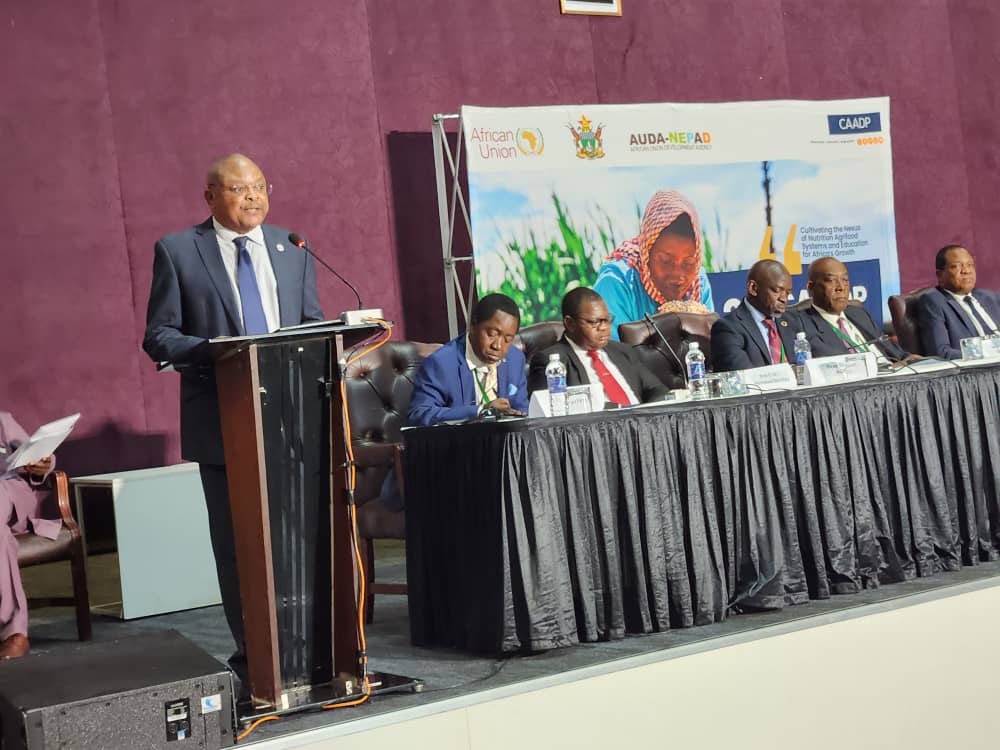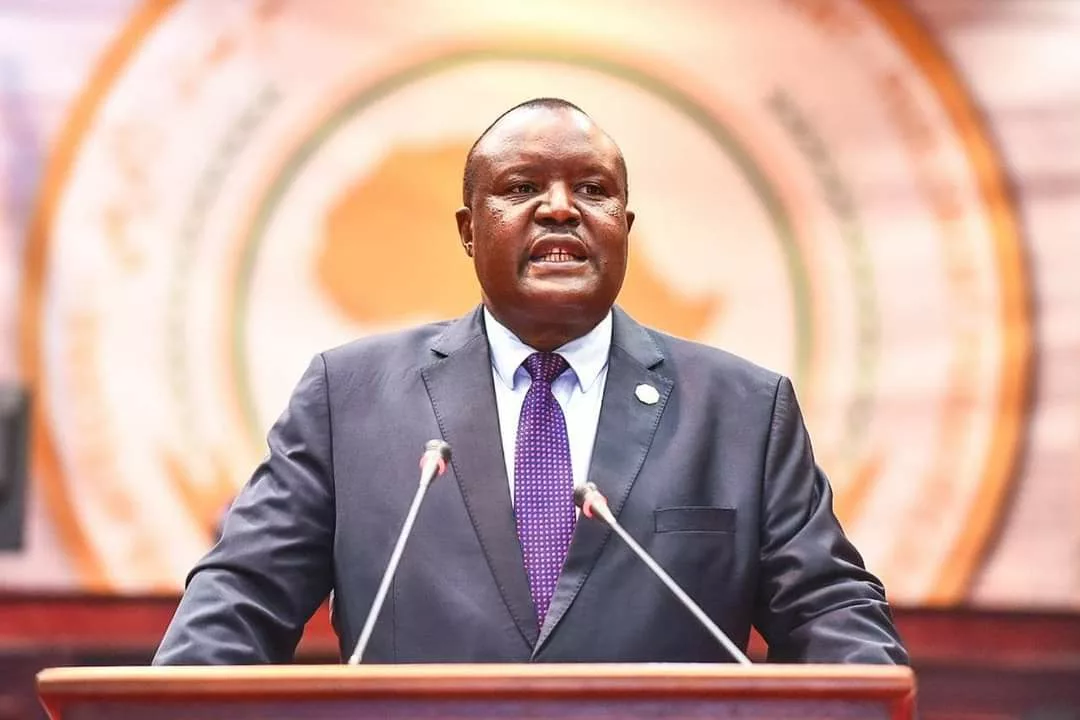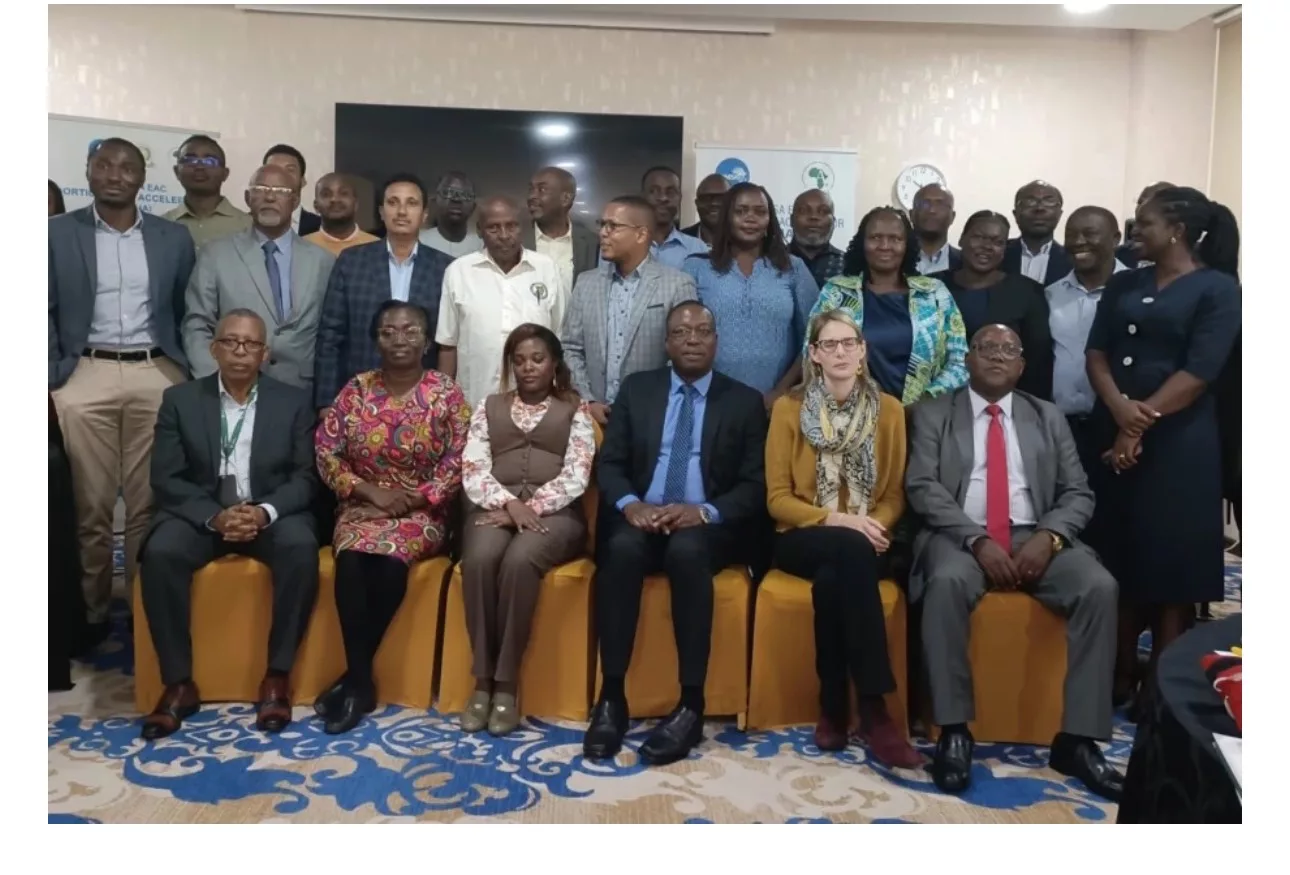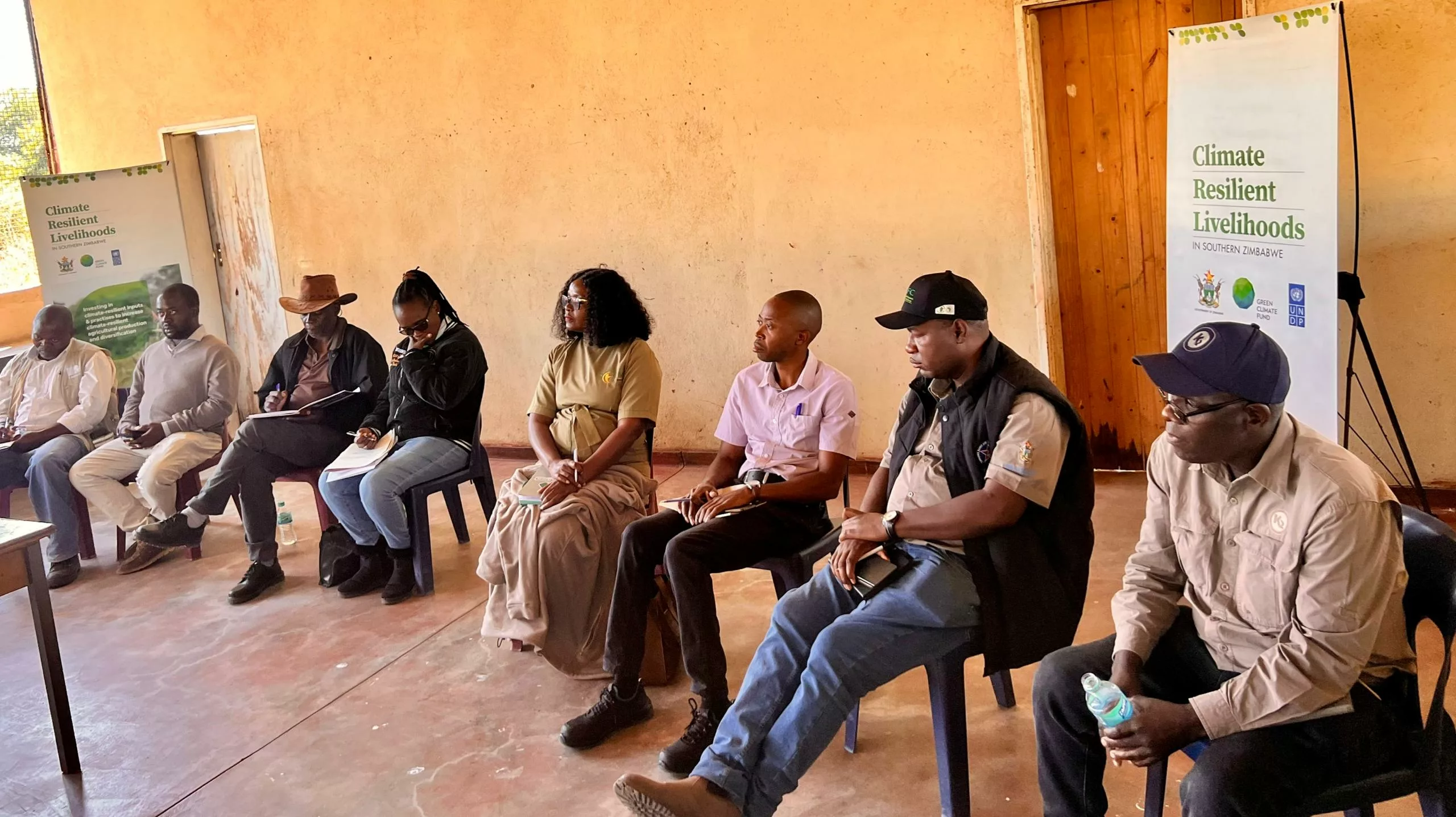The Alliance for a Green Revolution Africa (AGRA) has hailed the Comprehensive Africa Agriculture Development Programme (CAADP) Partnership Platform (PP) as stronger than ever, with a renewed focus on inclusivity and collaboration.
Speaking during the official opening of the 20th Comprehensive Africa Agriculture Development Programme (CAADP PP) and the 15th Africa Day for Food and Nutrition Security (ADFNS) graced by Ambassador Josefa Sacko, the Commissioner for Agriculture at the African Union Commission in Harare, Zimbabwe, Boaz Blackie Keizire, the Head of Policy and Advocacy of AGRA, said his organisation is proud to be part of the CAADP PP impactful journey, aligning efforts to drive Africa’s agricultural agenda forward.
“The evolution of the CAADP Partnership Platform has been remarkable. Today, it’s stronger than ever, with a growing focus on inclusivity -bringing youth and women into the fold. As AGRA, we can truly see the power and impact of being a partner in these discussions. This stronger coordination is a testament to the commitment from various partners who are aligning their efforts and resources to advance the CAADP agenda,” said Keizire.
Addressing the side event, Odd Eirik Arnesen, the Chair of the Development Partners Coordination Group (DPCG) of the Comprehensive Africa Agriculture Development Programme (CAADP) said unlocking Africa’s agricultural potential means creating diverse, dynamic pathways for youth.
“We should be cognisant of the fact that we must not just assume that everyone is an entrepreneur. Let’s recognize and engage the youth’s varied skills for a thriving future! There is immense potential to attract educated African youth into agriculture, but we must offer dynamic opportunities that go beyond traditional training. One of our past missteps has been assuming everyone is an entrepreneur. We need diverse pathways for youth engagement that recognize varied skills and interests, said Odd Eirik Arnesen who is also Minister Counsellor – Regional Food Security Envoy at the Norwegian Embassy in Dar es Salaam.
In his opening remarks during the commemoration of the 20th CAADP PP and the 15th Africa Day for Food and Nutrition Security (ADFNS), Dr Chimimba David Phiri, the Special Advisor to the Assistant Director-General and Regional Representative for Africa at the Food and Agriculture Organization of the United Nations (FAO) said as stakeholders reflect on 20 years of the CAADP agenda, and the current state of food security and nutrition in Africa, it is important to acknowledge that the agrifood systems have transformed considerably over the past two decades, yielding many benefits in Africa, such as expanded markets for small farmers, increased export earnings, more job opportunities (including for women and youth), diverse consumer choices, rural development, poverty reduction, among others.
He said recent crises like the COVID-19 pandemic and the war in Ukraine highlight the fragility of agrifood systems in Africa and exacerbate the impacts of the major drivers of food insecurity and malnutrition in the region – conflicts, climate variability and extremes, and economic slowdowns and downturns – while increasing social and gender inequalities, particularly impacting women and girls.
Dr Phiri said the sub-themes chosen for the CAADP-PP and the ADFNS, are well articulated since they cover critical areas of focus including financing agriculture, youth and women empowerment, education and research and placing focus on climate change adaptation and mitigation strategies.
“These are in line with the FAO strategic framework, with its focus on Better Production, Better Nutrition, Better Environment and Better lives, leaving no one behind; and the related accelerators like gender and youth empowerment, data and evidence generation, and research and innovation. Addressing the issues under each of these sub-themes collectively should help to address the challenge of the stubbornly high levels of hunger and malnutrition in Africa,” Dr Phiri added.
According to the State of Food Security and Nutrition in the World (SOFI) 2024, in 2023, an estimated 735 million people faced hunger – equivalent to one out of every 11 people in the world; and in Africa, one out of every five. At this rate, it is projected that 582 million people will still be chronically undernourished by 2030 – when the SDG target should have been zero. Half of the total undernourished in 2030 will be in Africa unless stakeholders seriously accelerate their efforts.
Meanwhile, the number of people unable to afford a healthy diet dropped below pre-pandemic levels in 2019 in Asia, Northern America and Europe, while increasing substantially in Africa, where it rose to 924.8 million in 2022, up by 24.6 million from 2021, and by 73.4 million from 2019.
“These disturbing statistics are coupled with other malnutrition burdens like anaemia, stunting and wasting where, despite some significant progress in recent years, these improvements are not fast enough to meet continental and global targets. Of concern is also the rising levels of overweight, obesity, and diet-related noncommunicable diseases, especially in urban areas. These facts are signalling to us that nutrition interventions are still struggling to eliminate all forms of malnutrition on the continent,” Dr Phiri said.






